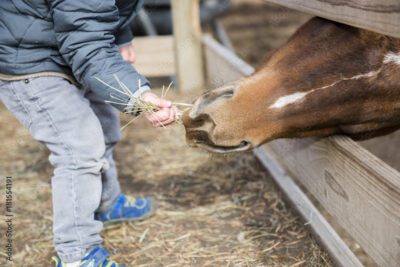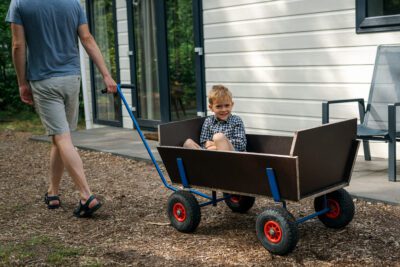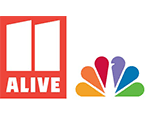By Christine Denise
Autism Mom and Contributing Writer for As You Are, a virtual clinic dramatically increasing access to early autism diagnostic services through the use of exclusively telehealth appointments
My friend Barbara asked me to go to lunch one day, just me and her.
We usually had a lunch group of three or four, so I found this request a little odd.
As soon as we sat down, her posture looked like a balloon that had just deflated. Her shoulders slumped. She exhaled, and looked down.
She prefaced the conversation by saying how she knew the problem she was about to talk to me about paled in comparison to all that I face raising a child with autism, but that I was the only one she knew who had experience with special needs.
So, she turned to me.
Then, she told me she believed her 3-year-old son had a speech delay.
I asked her if she had gone to the doctor, explored the local speech therapy programs at the two premiere pediatric hospitals we are fortunate to have where we live, and started running through all the checklists I could think of.
As she continued to answer, “No,” to most of my questions, tears began to fill her eyes.
“And that makes me such a terrible mother,” she told me.
I reassured her that even taking the brave step of asking to talk to me and say out loud what she believed was going on with her son takes incredible strength.
Her shoulders perked up a bit.
I also told her how many resources were available to kiddos with speech delays and how promising it was that she was recognizing it so early, so early intervention could really help.
“There’s a whole world out there dedicated to this particular issue and there is so much hope,” I told her.
Then, she said something that has never left me.
“Yes, but I don’t want to be part of that world.”
This moment happened about eight years ago. And I remember it plain as day. Many people may read her response and think how selfish she must be.
I’ll admit, it took me back at first.
But, as I thought about it more, I realized what she meant.
I felt the same way when our son was first diagnosed. I always thought about how the autism community had become so widely known and resourceful that people in that situation were so fortunate to have it.
Then, when it became our turn to join it, it took a while for me to find the strength to do so.
That conversation also reminded me how difficult it is to trust our instincts, even when they lead you to a place you never wanted to be.
Barbara could tell her son had a delay. Her instincts were telling her it was there, and that her son needed help.
But wrapping her mind around researching a world she never thought she or her son would be a part of was holding her back.
And yes, her son was missing out on crucial early intervention the longer she took to have him evaluated and then signed up for therapy.
But I didn’t have to tell her that.
She already knew it, and that was making her feel even worse about the situation.
She was heartened when I told her how it took me some time to get our son enrolled in various therapies. It is also a world I was formerly comfortable admiring from afar, too.
When it became my turn to join it, it didn’t happen instantly either.
That’s because it is, and will always be, hard to trust my instincts when they lead me to a place I never wanted to be – a place I especially never wanted my child to be.
But I know, and had to tell Barbara, the strength to follow them will come.
Do you have questions about your child’s development? The team at As You Are provides useful autism screening and diagnostic evaluations for kids 16 months to 10 years old via telehealth appointments.
Disclaimer: I am not a medical professional. This is a sponsored blog post, but all opinions are my own.


















